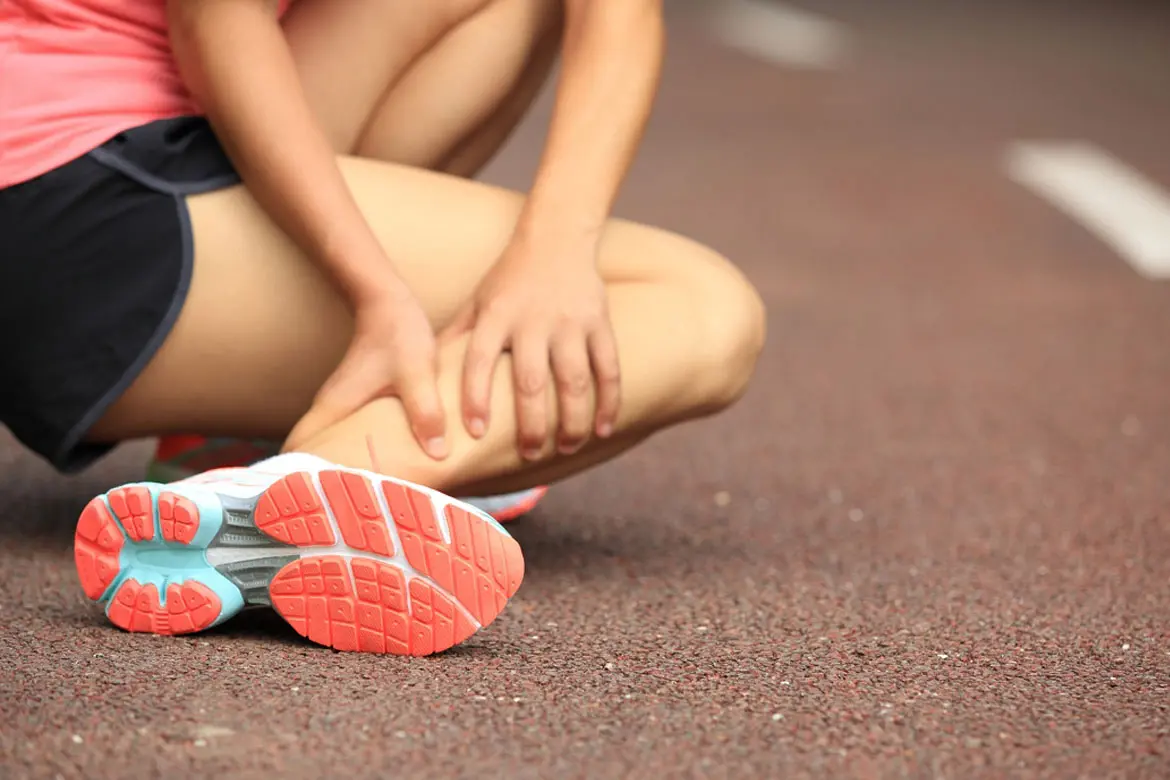The truth is, most of us live for the weekend. That's the time when you can really relax, unwind, spend time with family, indulge in hobbies, and practise your favourite sports. However, what you might not realise is that your job could be affecting your fitness levels, and as a result, your weekend sporting prowess.
We look at the 5 most common health-related issues facing office workers today, and how you can avoid any negative impact on your downtime!
If you've any concerns about your health, always speak to a doctor.
Chained to your seat
Issue: We're all guilty of getting lost in work, and spending far more time in our seats than we should. But if you're suffering from constant backache – that prolonged sitting position could be the reason why. Dr Leslie Leong, orthopaedic surgeon at Gleneagles Hospital, explains that when we sit in an office chair for a long period, most of us slouch. This results in overstretching and straining of the muscles in the back, leading to backache.
Solution: It is important, for so many reasons, to get up and move about every hour. Go out for lunch instead of ordering in, go over to your colleague instead of emailing them, or even consider a standing desk solution. If that isn't an option, rethink your seating habits. When sitting down, push your hips to the back of the chair. Adjust the seat height so that your feet are flat on the floor and your knees are equal to, or slightly lower than, your hips. These small adjustments will make a world of difference to your posture and increase your spinal well-being in the long run.
Screen hugging
Issue: Similarly, sitting hunched over your computer screen is going to have adverse effects on your health, resulting in aches and stiffness of the neck, upper back and shoulders, not to mention blurry vision.
Solution: As well as getting up and about every hour, do some simple stretches in your seat to loosen up those tight neck muscles, and give your eyes a break by looking at something on the horizon.
Wrist pain
Issue: Another side effect of those long hours poised over a keyboard is wrist pain, and in fact, repetitive stress injuries (RSI) are among the most common workplace complaints.
Solution: Invest in an ergonomic keyboard, but more importantly, start paying attention to how you are working. Position your keyboard so that it is directly in front of your body, and make sure you don't have to stretch to reach your mouse. When you type, your shoulders should remain relaxed, and your wrists and hands should be straight. Your elbows should be at 90-degree angles.
Frequent flying
Issue: With Singapore being a major hub in Southeast Asia, a lot of roles require regular travel, and all those air miles can take their toll on your health. The low humidity inside the cabin can dry up saliva, tears and mucus, leaving you more susceptible to colds and respiratory infections. Dr Leong points out that similar to spending all day in an office chair, frequent flying may also result in neck and back aches, thanks to ill-fitting back and head cushions, or buttock pain from thin plane cushions.
Solution: Avoiding germs is almost impossible, but there are some practical ways you can counteract aches and pains. Make sure you get up every few hours during a long haul flight, to keep those joints moving and the blood flowing. When seated, do some simple exercises, such as lifting both feet off the floor and rotating them in circles, and pointing your toes up and down.
High heels
Issue: For ladies this isn't as much of an issue as it used to be, but if you're a fan of heels, or if your office dress code mandates them, beware. Dr Leslie Leong warns that high heels change the way a person walks, altering the weight bearing areas in the feet, and even affecting spine posture. Prolonged use can lead to forefoot pain, tightness in the calves, and yes, backache.
Solution: Keep a pair of flats in your handbag, and swap them out whenever you can. When your feet are hidden under your desk, slip off those heels and give your feet and ankles a subtle work out using the in-flight exercises recommended above.
With all these tips in mind, you should be able to enjoy your weekend sports without any fear of a hampered performance!
If you need more health advice, don't be afraid to speak to a doctor.















